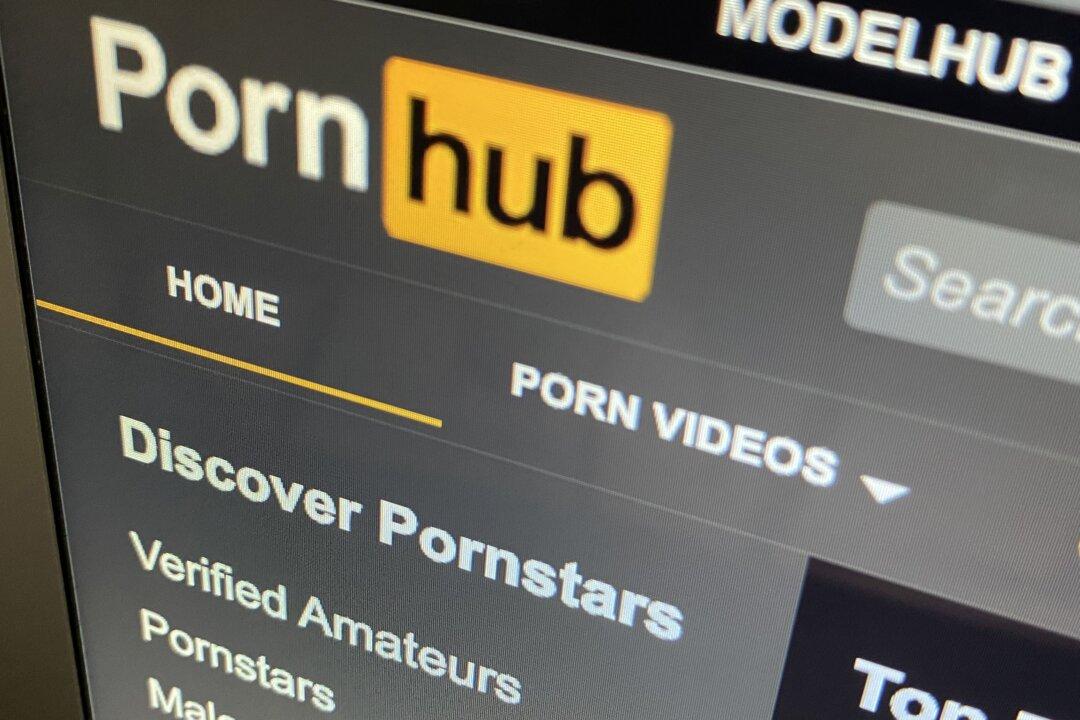Conservative MP Arnold Viersen is calling for enactment of legislation to safeguard youth from online sexual exploitation. This comes on the heels of recent claims by a Pornhub employee that the Quebec-based adult video platform has a shortage of moderators tasked with reviewing and removing content potentially linked to these offences.
In a statement to The Epoch Times, Mr. Viersen highlighted proposed legislation such as Bill S-210 and Bill C-270, which he described as “key steps forward in protecting women and youth online from exploitation both sides of the screen.” He also expressed concerns about the ambiguity in Canada’s laws concerning violent pornography.





